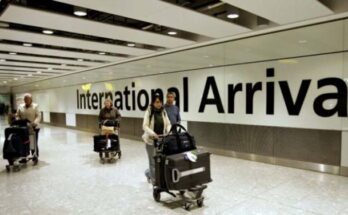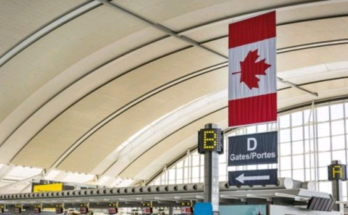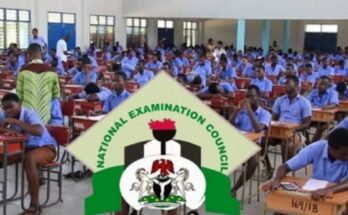The Australian government has reviewed its student visa policy to regulate post-study visas for Nigerians and other international students.
Home Affairs Minister Clare O’Neil in a statement announced the new policy that seeks to ensure that student visas into the country are not obtained as a means to stay longer in the country.
The rules which will commence officially on Saturday indicate that English language requirements for student and graduate visas will be increased, while the government will get the power to suspend education providers from recruiting international students if they repeatedly break rules.
“The actions this weekend will continue to drive migration levels down while delivering on our commitments in the migration strategy to fix the broken system we inherited,” O’Neil said.
It was learned further that a new “genuine student test” will be introduced to further crack down on international students who look to come to Australia primarily to work, while the imposition of “no further stay” conditions will be used on more visitor visas.
The initiatives follow a slew of measures taken last year to end the prior government’s COVID-era concessions, including unfettered working hours for international students. At the time, the administration stated that standards for students would be tightened, potentially reducing migrant intake by half over the next two years.
Australia increased its yearly migration numbers in 2022 to assist businesses in filling personnel shortages caused by the COVID-19 epidemic, which imposed severe border restrictions and barred foreign students and workers from entering the country for almost two years.
However, the quick surge of international workers and students has put further pressure on an already tight rental market.
According to data issued by the Australian Bureau of Statistics on Thursday, net immigration increased by 60% to a record 548,800 in the fiscal year ending September 30, 2023, surpassing the 518,000 persons in the fiscal year ending June 30.
Overall, Australia’s population increased by 2.5%, the fastest rate on record, to 26.8 million people in the year to September.
The historic migration, led by students from India, China, and the Philippines, has increased labour supply while containing wage pressures, but it has exacerbated an already tight housing market, with rental vacancies hovering at record lows and rising building prices limiting new supply.
O’Neil stated that the government’s actions since September have resulted in a drop in migration levels, with recent foreign student visa grants down by 35% from the previous year.



